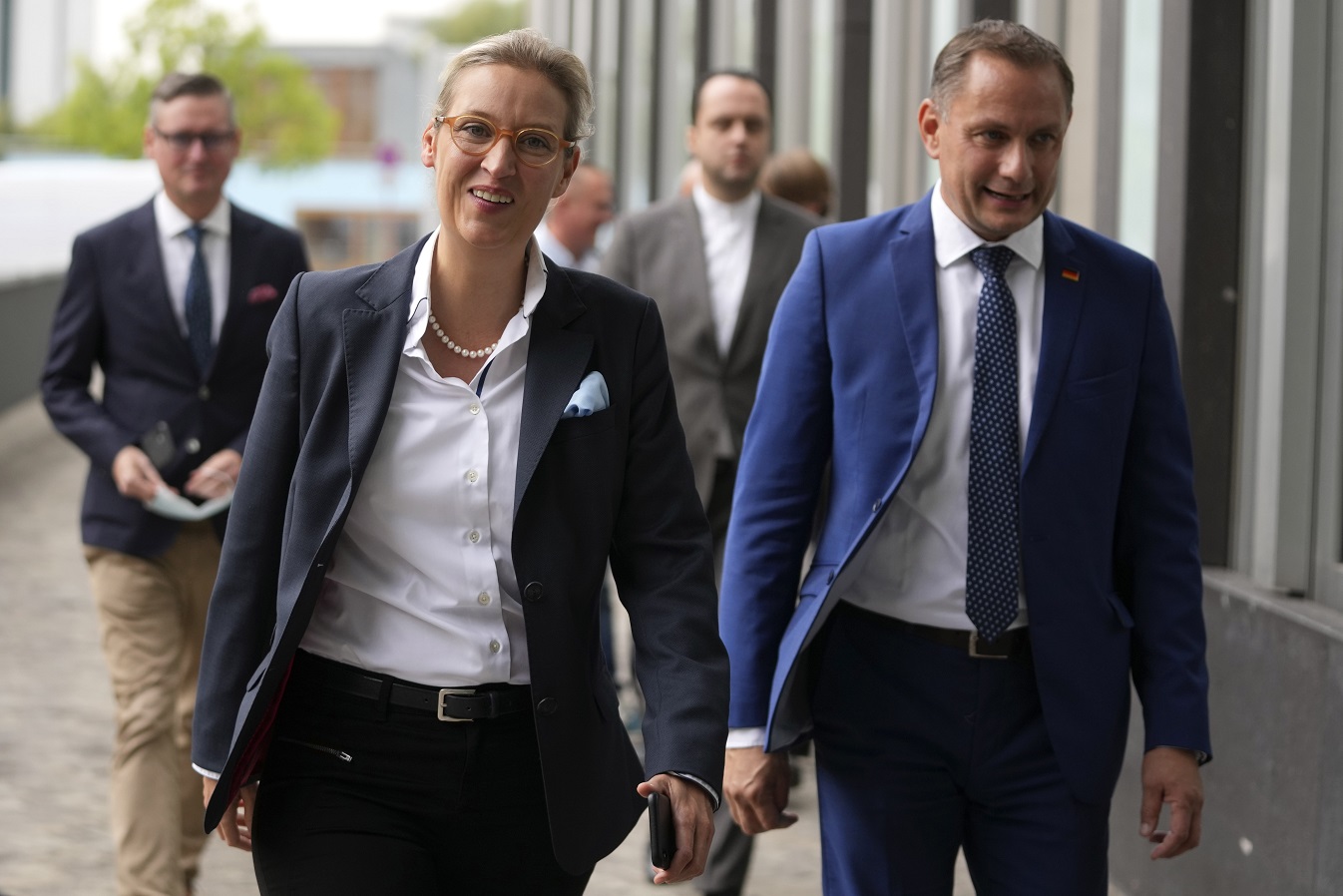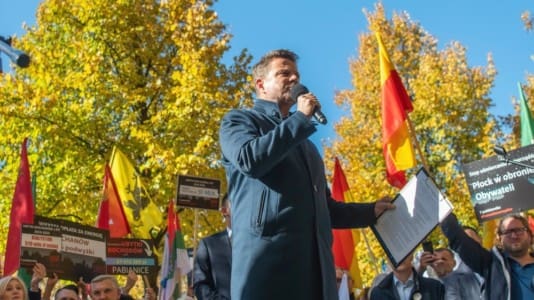In Lower Saxony, the conservative Alternative for Germany (AfD) party succeeded in re-entering the state parliament with 11 percent of the vote, almost doubling its result compared to the 2017 election, the Junge Freiheit news outlet reported.
The Social Democrats (SPD) won the ballot, according to a projection by Infratest dimap at 9:47 p.m. With their top candidate and current Prime Minister Stephan Weil, they won 33.4 percent of the votes, while SPD thus lost around 3 percent.
Weil’s challenger, the Christian Democrat (CDU) candidate Bernd Althusmann, obtained 28.1 percent of the votes, a significant loss. The Greens came in third with 14.5 percent, making record gains of around 6 percent.
Grand coalition could continue to govern Lower Saxony
The Free Democratic Party (FDP) fell out of parliament with 4.8 percent, and with just 2.6 percent, the Left Party also failed to clear the 5 percent hurdle.
That means that the grand coalition of SPD and CDU can continue, but a red-green coalition is also an option for the election winner, Weil.
FDP Vice-chairman Wolfgang Kubicki did not want to entertain a personal discussion about party leader Christian Lindner in view of his party’s poor performance on election night, telling the ARD broadcaster that it was not appropriate on such an evening.
Chrupalla praises the AfD election campaign in Lower Saxony
Federal Labor Minister Hubertus Heil (SPD) was concerned about the electoral success of AfD. According to him, right-wing extremists exploit people’s fears, while social democracy, on the other hand, stands for social cohesion.
AfD boss Tino Chrupalla, however, was delighted with the outcome of the election.
“We acted as a united federal and state party,” he said, praising the local election campaign in Lower Saxony and emphasizing that his party had identified the right issues. Again, he criticized the sanctions against Russia as harmful to Germany.
The federal chairman of the Greens, Omid Nouripour, assessed the election result as a vote against the grand coalition in Lower Saxony and a vote for a red-green state government. The Greens’ top candidate, Julia Willie Hamburg, also advocated this at her party’s election party.
Election winner Weil looked back on an “unpleasant election campaign” in his evening speech. According to him, the voters were only going to give SPD a government mandate and no one else.





